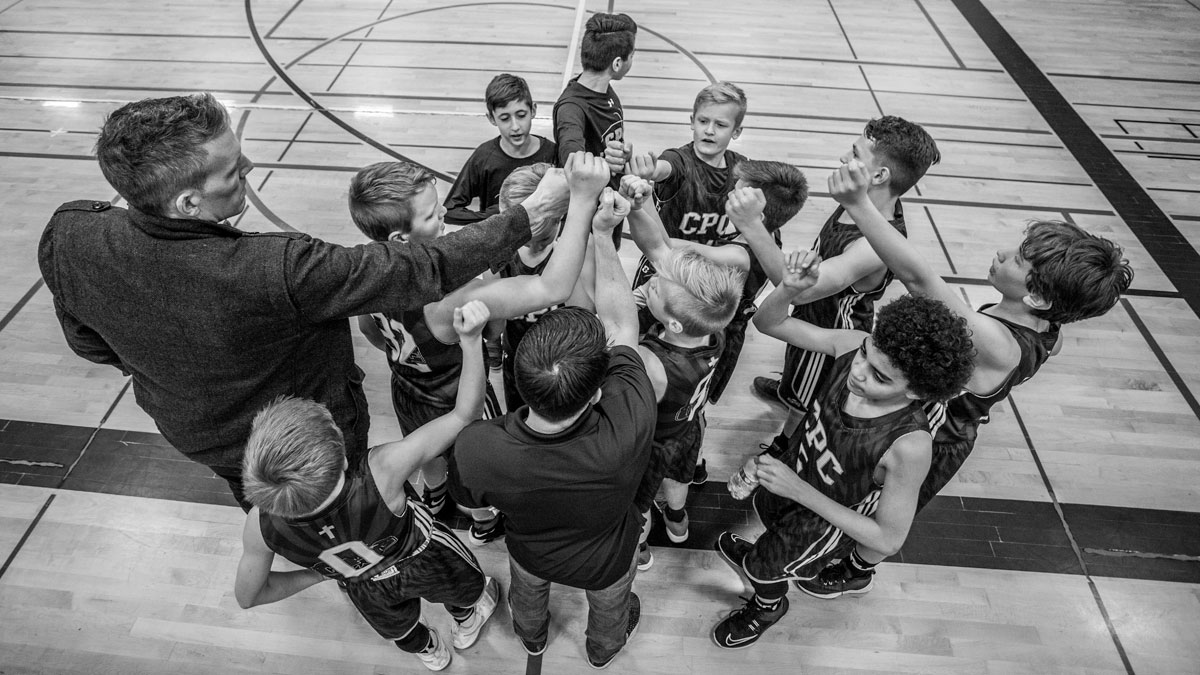Moms and dads all across America, so loving and rational at home, can transform into raging animals at their child’s sports game.
If you’re a sports parent, here are seven things that we (your kids, coaches, and fans) would love for you to become:
1. Never offer coaching suggestions or criticisms to your kid post-game.
Unless it’s a behavioral issue, give your coaching observations a rest for 24 hours. ‘Parent coaching’ can be demoralizing for youth athletes. Young athletes don’t want to hear it immediately after the game. Not from a parent. Comments that undermine teammates, the coach or even officials run counter to everything the young player is taught. And instructional feedback was likely already offered by the coach. Allow young athletes to find their own solutions, and don’t feel the need to come to their rescue at every crisis.
Hundreds of college athletes were asked to think back: “What is your worst memory from playing youth and high school sports?” Their overwhelming response: “The ride home from games with my parents.”
Case dismissed.
2. Cheer everybody on the team, not just your child.
Sit back and enjoy the game for what it offers, not just what your kid does right or wrong. Youth sports can offer kids some of the very best memories of their lives, so be remembered as a parent who was heavy with praise and light on criticism. Parents should attend as many games as possible and be supportive to the entire team. If the team is struggling it may be even more important to deliver some positive encouragement.
The key here is to understand your role: Everyone at a game is either a player, a coach, an official or a spectator.
It’s wise to choose only one of those roles at a time.
3. Give your coach some grace.
Most coaches are volunteers. At the High School level, some get paid, but it’s usually enough to cover their gas and travel expenses. Coaches are basically investing a big piece of their lives to invest in your son or daughter. Their goal is to provide a positive learning environment for all of the players. In addition, coaches will play players and make decisions that give their team the best chance to win. Your coach is not intentionally trying to lose games.
If a parent undermines the coach, bad things happen.
Young athletes need a single instructional voice during games. That voice has to be the coach. Kids who listen to their parents yelling instruction from the stands or even glancing at their parents for approval from the field are distracted and can’t perform at a peak level. Second-guessing the coach on the ride home is just as insidious. If a parent has a legitimate concern to take up with the coach they should schedule a time with the coach to discuss and not offer their opinions at the end of the game.
4. Let your kid organize and carry his/her equipment.
Sports can prepare your kid for life if you don’t interfere. You don’t need to be hovering over their responsibilities. If your child is over the age of 12, they are more than capable to put together their own sports bag with proper supplies for tomorrow’s game. double-checking before leaving is ok.
5. Cheer on their classroom performance…
… as much as you would their game performance. Some parents are lavish with sport praise and seem to care very little about how things are going in the classroom. Until… the athlete is no longer eligible because of poor grades.
Take an interest in what they are learning about in school. Even if your kid is talented enough to play college ball, or beats the odds of playing professionally (for example, 2 out of 1,000 High School athletes make it to the NFL) he will be a life learner much longer than an athlete.
6. Offer to help out and become involved if possible.
Most teams and/or organizations are starving for more parental involvement! It might be for planning, fund-raising, communication, team snacks/meals, and the list could go on. As a parent, your involvement could also be a good way to see if the coach and teammates are people you want your child to be around.
And, of course, as parents, don’t be sparing with those magic words: “I love watching you play,” or “I’m proud of you.”
